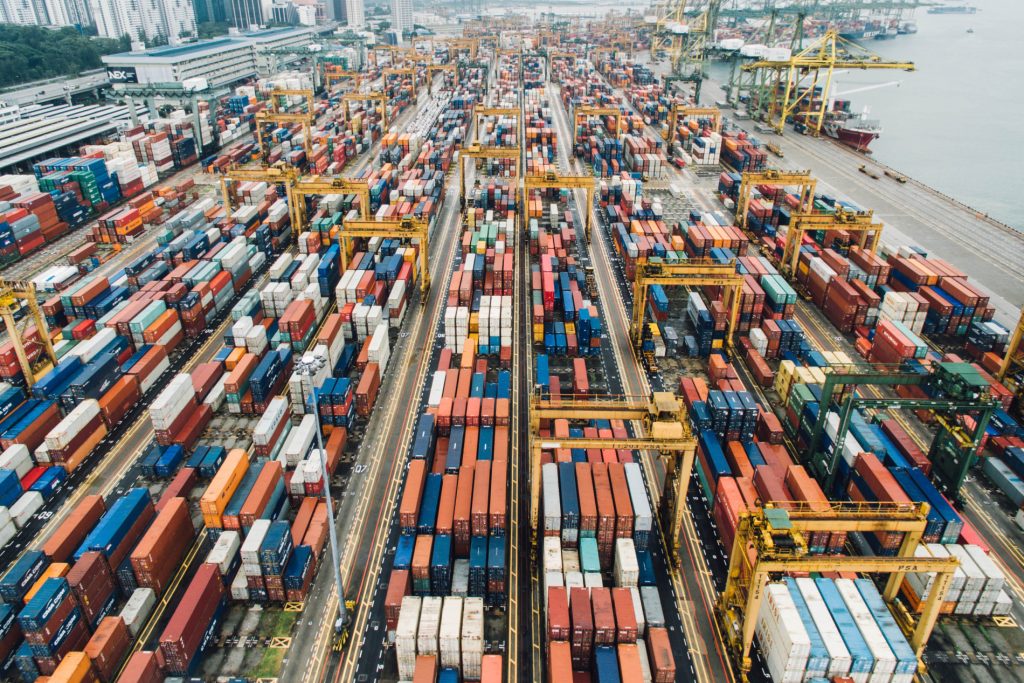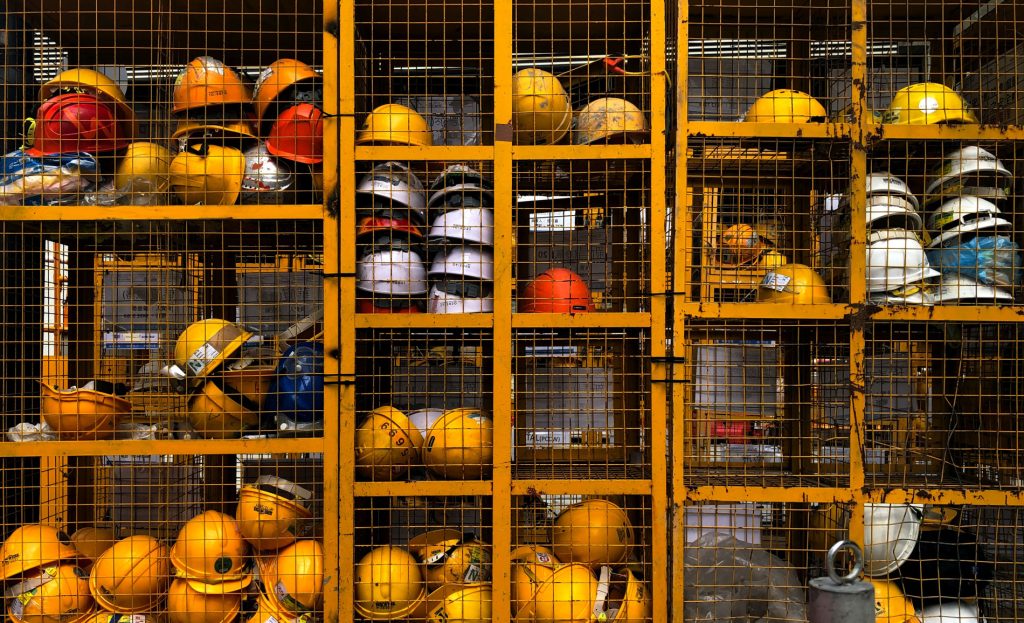Understanding modern slavery in the supply chain industry
The global supply chain industry, which enables the movement of goods and services across borders, has long been plagued by a dark secret: modern slavery. Despite significant progress in recent years, the exploitation and forced labour of vulnerable individuals persist within complex supply networks. This article delves into the issue of modern slavery in the supply chain industry, explores its underlying causes, and highlights actionable steps to drive transformative change.
Understanding Modern Slavery in the Supply Chain Industry – Modern slavery within the supply chain industry refers to the exploitation and coercion of individuals who are part of the intricate network involved in producing, processing, and delivering goods and services. This exploitation takes various forms, including human trafficking, forced labour, debt bondage, child labour, and more.
Factors Contributing to Modern Slavery in the Supply Chain Industry –
Complex Supply Chains:
The multi-tiered and geographically dispersed nature of supply chains often impedes transparency and accountability. This opacity allows exploitative practices to persist, particularly in lower tiers where visibility is limited.
Demand for Low-Cost Production:
The pressure to offer products at competitive prices fuels the demand for low-cost production, leading to the exploitation of workers. Suppliers may resort to unethical practices to meet cost-cutting demands, perpetuating modern slavery within the supply chain.
Lack of Regulation and Enforcement:
Weak or inconsistent legislation and lax enforcement allow modern slavery to thrive. Inadequate penalties and loopholes in regulations provide little deterrence for offenders, making it challenging to eradicate this pervasive issue.
Driving Change – How Modern Slavery in the Supply Chain Can Be Transformed –
Enhanced Supply Chain Transparency:
Supply chain transparency is a vital component in eradicating modern slavery. Companies should map their supply chains, identify high-risk areas, and engage in due diligence to identify and address instances of exploitation. Encouraging supplier transparency and cooperation is crucial to this effort.
Robust Legislation and Enforcement:
Governments must establish and enforce comprehensive legislation that criminalises modern slavery, ensures responsible business practices, and imposes severe penalties for non-compliance. Strengthening labour laws and allocating sufficient resources for enforcement agencies are essential steps.
Collaboration and Partnerships:
Collaboration among businesses, governments, NGOs, and civil society organisations is key to combatting modern slavery effectively. Sharing best practices, resources, and knowledge can help create industry-wide standards, facilitate information sharing, and foster collective action against modern slavery.
Supplier Engagement and Capacity Building:
Companies must actively engage with suppliers, encouraging ethical practices and promoting fair labour standards. Providing training, support, and capacity-building initiatives can empower suppliers to address and eradicate modern slavery from their operations.
Consumer Awareness and Advocacy:
Consumers can play a vital role by demanding ethically sourced products and supporting companies that prioritise responsible supply chain practices. Increased consumer awareness and advocacy can drive market incentives for companies to take meaningful action against modern slavery.
Modern slavery in the supply chain industry remains a daunting challenge, but concerted efforts can pave the way for transformative change. Through enhanced supply chain transparency, robust legislation and enforcement, collaborative partnerships, supplier engagement, and consumer advocacy, we can create a supply chain ecosystem that respects human rights and upholds ethical practices. By addressing the root causes and working collectively, we can build a future where modern slavery becomes a relic of the past, ensuring dignity and justice for all involved in the supply chain industry.
ARE YOU LOOKING FOR STAFF IN THE HUNTER VALLEY NEWCASTLE REGION?
ASR Recruitment is a boutique recruitment agency specialising in Human Resources recruitment, Engineering recruitment, IT & Technology recruitment, Business Support recruitment, Marketing & Communications recruitment, Accounting & Finance recruitment and Construction recruitment.
Find out more by visiting our Clients page!
Looking for a new Role Search Jobs here.
From our blog
Read our articles below to see our latest insights.









